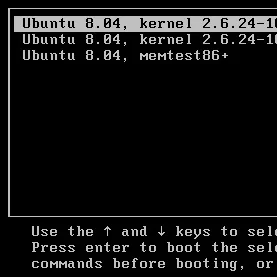Endless OS Switching To The BFQ I/O Scheduler For More Responsive Linux Desktop

Endless OS has decided to switch to the BFQ (Budget Fair Queuing) I/O scheduler since it prioritizes interactive workloads and should make for a better experience for its users particularly when applications may be upgrading in the background.
During heavy background I/O, Endless found that their launch time of LibreOffice went from taking 16 seconds with CFQ to just three seconds when using BFQ. Other tests were also positive for improving the interactivity/responsiveness of the system particularly during heavy background I/O.
Endless OS is also tweaked now so the I/O priority of threads doing Flatpak downloads/installs/upgrades is lower to provide for a better user experience. BFQ particularly is beneficial for spinning hard drives but can also be of benefit to slower SSDs.
More information on their findings can be found via this blog post. Most Linux distributions currently use the CFQ I/O scheduler by default. BFQ developers have talked of pushing to change the default I/O scheduler in the mainline Linux kernel over to their code, but that has yet to happen as of Linux 4.20.
It's been on my TODO list for a while to run some fresh I/O scheduler benchmarks with the latest kernel, which hopefully I'll get to soon.
16 Comments

